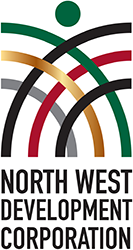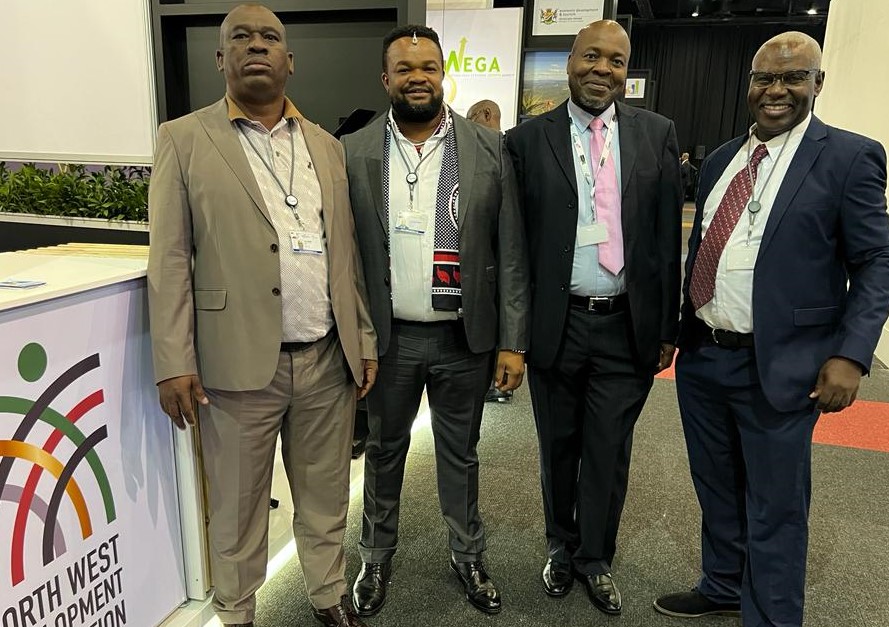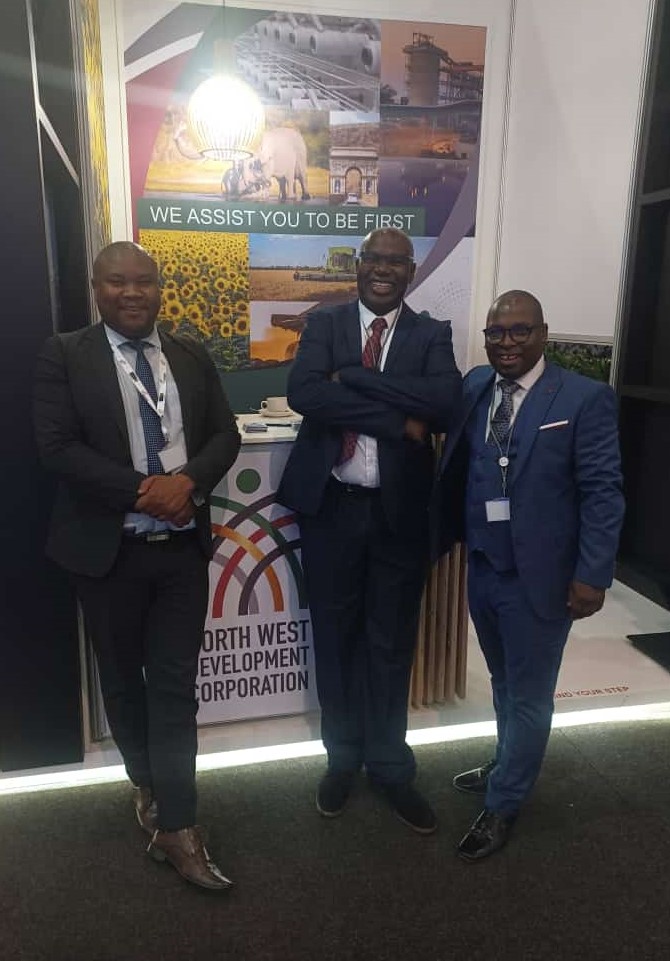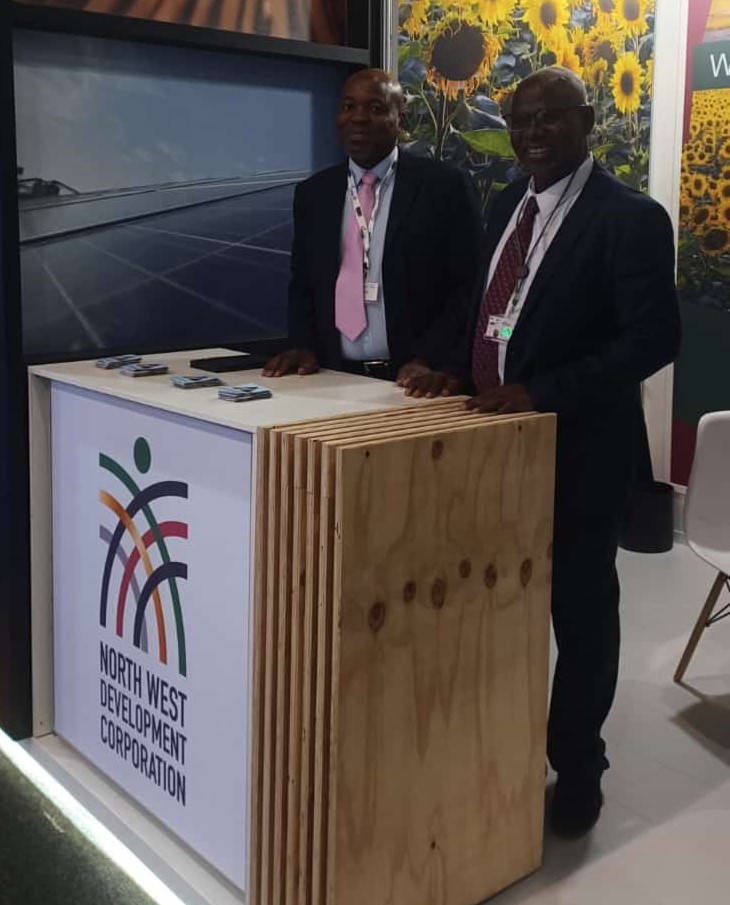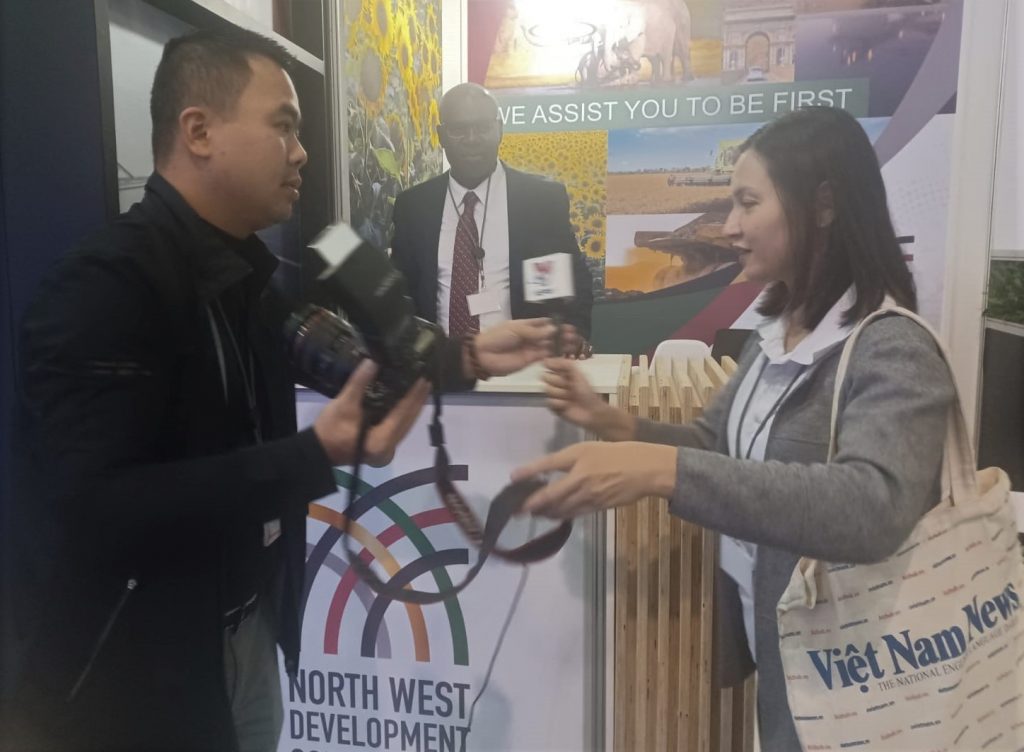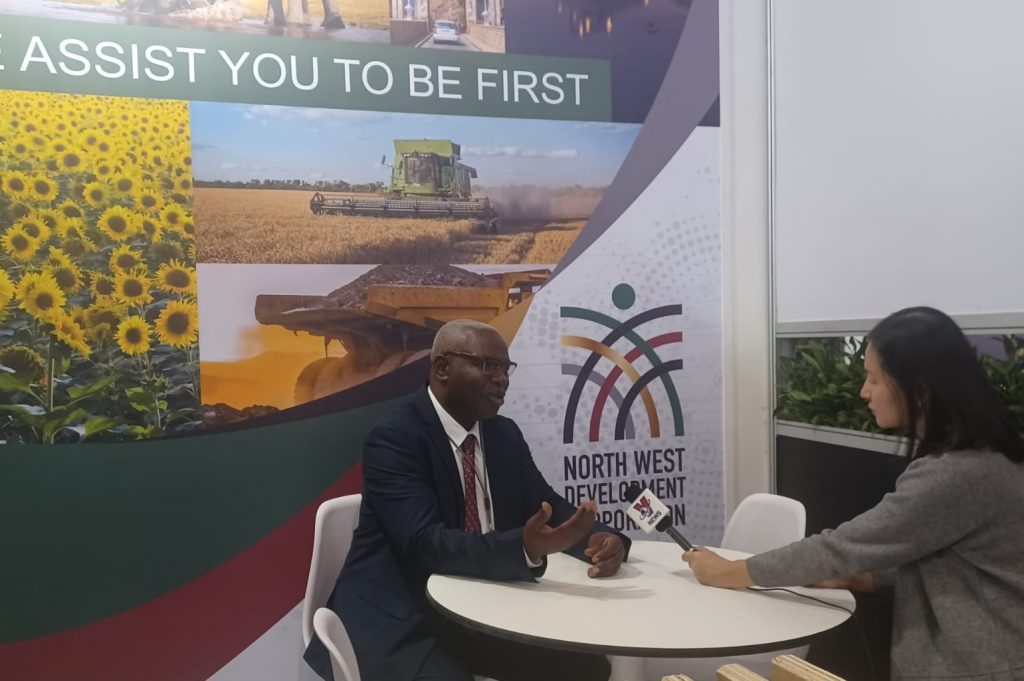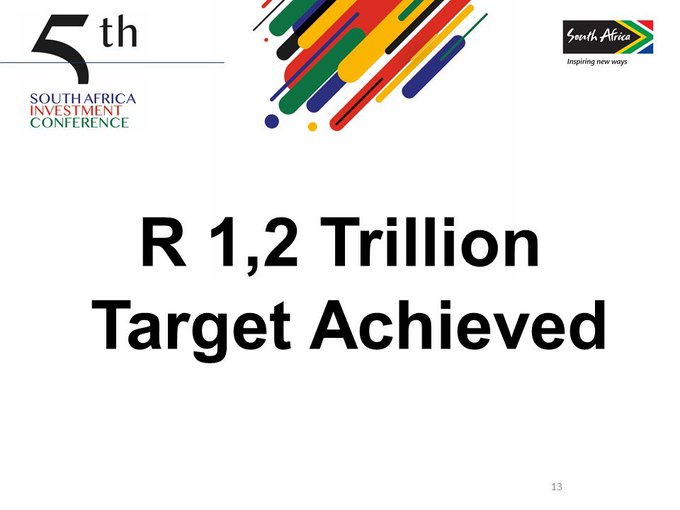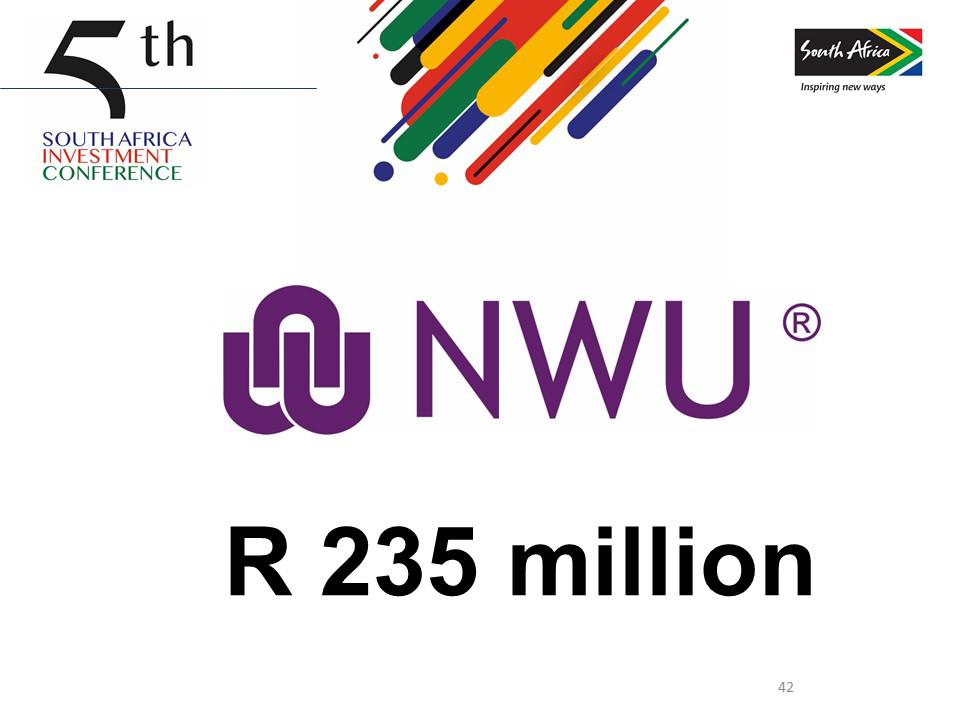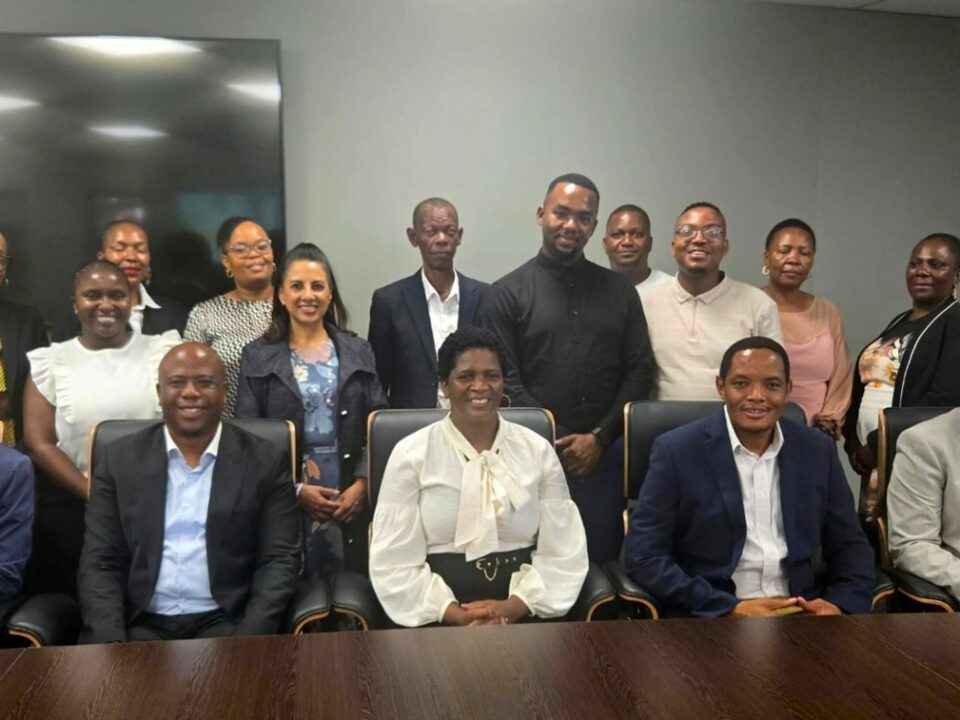
Women Creating Wealth Enterprise Development Program
March 23, 2023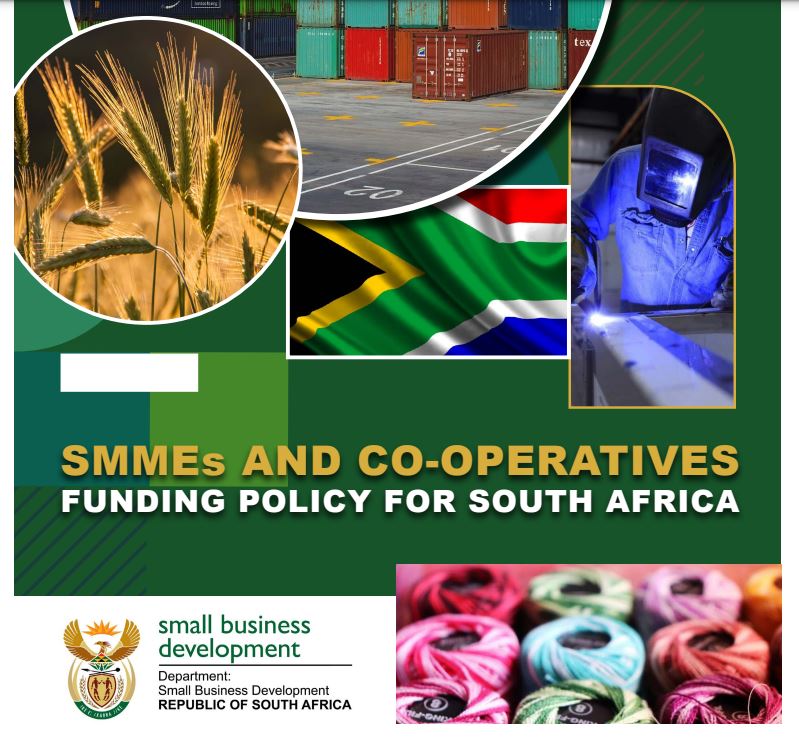
Comments invited on SA’s SMME & Co-ops Funding Policy
May 3, 2023NWDC promotes NWP and Bojanala SEZ at 5th SAIC
NWDC, together with various other industries and delegates from South Africa and the globe, is attended and promoted the North West Province at the 5th South African Investment Conference held at the Sandton Convention Centre on 13 April 2023. The conference is in the final leg of an investment drive to attract R1.2 trillion over five years.
Addressing the conference President Cyril Ramaphosa reiterated: “We are on a long journey to rebuild our country and recover the ground we have lost. Our recovery is a mission that will take time to accomplish. We are on the recovery path, we refuse to be daunted by the challenges we face, we are confident that we will recover.”
Investors across the globe welcomed the announcement made by the President in his address of streamlining and improving e-visa applications.
The SAIC was attended by NWDC Board Chairperson Mr Kopano Konopi and Acting CEO Mr Kabelo Mafokwane. Trade and Investment Manager Lovemore Makunike and Bojanala SEZ Manager, Davis Sadike represented the NWDC at its exhibition stand to promote investment into the North West Province and the Bojanala Special Economic Zone.
Among other, they had interactions with the media, and interested stakeholders and did an interview with the Vietnam News Agency.
Towards the conclusion of the day’s conference, the announcement was made that the South Africa Investment Conference has officially surpassed the R1,2 trillion mark that was set out to be achieved since the inaugural SAIC in 2018.
NWDC welcomes and applauds the R235 million pledge made by its provincial partner the North West University.
View the full page of investment pledges here: https://www.sainvestmentconference.co.za/pledges/
On Monday, 17 April 2023, President Cyril Ramaphosa dedicated his weekly message to reporting on the 5th SA Investment Conference.
He wrote:
“The 5th South Africa Investment Conference, which was held in Johannesburg last week, provided a huge boost to the country’s digital economy.
In addition to significant investment commitments in data and telecommunications infrastructure, there were also announcements about investments in the mining, manufacturing, energy, property, logistics and food and beverages sectors.
These announcements took the total amount of investment commitments made over the first five years of our investment drive to over R1.5 trillion. This exceeds the target of R1.2 trillion we set in 2018.
While all these investments contribute to economic growth and job creation, the investments in the digital economy will, in addition, propel our country into a new era of innovation and progress. Not only is the digital economy important for growth, but it is also vital to the provision of key services such as education, social services and health care.
South Africa already has among the highest rates of internet penetration in Africa. According to Statistics South Africa’s 2021 General Household Survey, more than three quarters of households have internet access, 97% of all households have at least one mobile phone, and most people use mobile phones to get online. This includes nearly 60 per cent of rural households.
Several recent tech surveys indicate that higher speeds and improved mobile and fibre infrastructure are helping to narrow the digital divide. This is the result of stepped-up investment in the digital economy in recent years.
Since the first South Africa Investment Conference in 2018, investments in digital economy have grown exponentially. Over the past five years, we have seen total investment commitments of R200 billion in our country’s telecommunications network by Vodacom, MTN, Telkom, Rain and Liquid Telecom.
Faster fibre and 5G rollout makes our economy more competitive as more connectivity solutions help businesses emerge and expand.
The Equiano subsea cable announced at the 3rd South Africa Investment Conference in 2020 was launched by Google last year. We are seeing more investment in data centres. In addition to the network providers, Amazon Web Services, Teraco and Dimension Data have made investment commitments of R21 billion in the past five years. Amazon Web Services plans to grow its investment with a further R30 billion in the next six years.
In 2021 Vantage Data Centers, a US-based company, announced plans to build its first African campus in Johannesburg. It said that it saw Johannesburg as “the data centre hub for sub-Saharan Africa due to its strategic location, IT ecosystem, fibre connectivity and availability of renewable energy”.
According to a recent report on Africa’s Data Centre Market, South Africa is fast becoming a hub for cloud hosting, with the manufacturing, financial services and health care sectors among the major data centre investors. The report further notes that undersea cables are supporting the growth of the local data centre market.
To take advantage of this inward investment and see it increase, we have to urgently resolve the electricity crisis and the theft and destruction of ICT infrastructure.
These were among the issues raised by investors and mobile network operators at this year’s investment conference. We are working with business and other social partners to address these challenges and improve the operating environment.
We are also forging ahead with the structural reforms that are so critical to efforts to improve our economic competitiveness. For example, the conclusion last year of the first high-demand spectrum auction in over a decade will substantially increase connectivity and lower the costs of both voice and data services.
Just two weeks ago, the Minister of Communications and Digital Technologies published the Rapid Deployment Policy, which will help to accelerate the deployment of telecommunications infrastructure.
To boost the job creation potential of these investments, the National Skills Fund will soon launch a new model for demand-led skills development, which will provide R800 million to fund training for unemployed young people in digital skills.
As we look to foster increased investment over the next five years, as the structural reform process continues to gather pace and as measures to end the energy crisis bear fruit, we will be able to further position ourselves at the forefront of the digital economy in Africa.”
————————-
- Acting CEO Mr Kabelo Mafokwane (left) with Mr Balesh Devjee of Devjee International Trading (middle) and NWDC Chairperson Mr Kopano Konopi (right).
